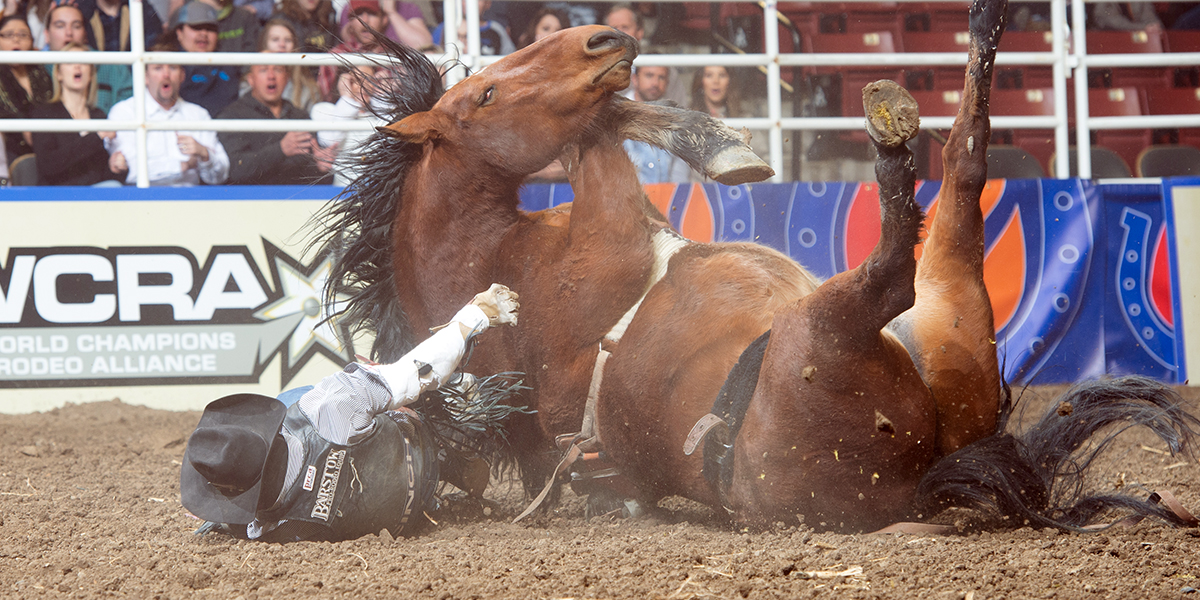
By: Kendra Santos
The 2020 Days of ’47 Lewis Feild Bulls and Broncs, which played out on February 1 at the Maverik Center in West Valley City, Utah, was far from Jessy Davis’s first rodeo. But it wasn’t supposed to be his literal last. That said, Davis is thankful to be alive and finally back home in Power, Montana, where he’ll get to celebrate Easter with his wife, Cassidy Jo, and thier 4-year-old twin girls, Cru and Quincee.
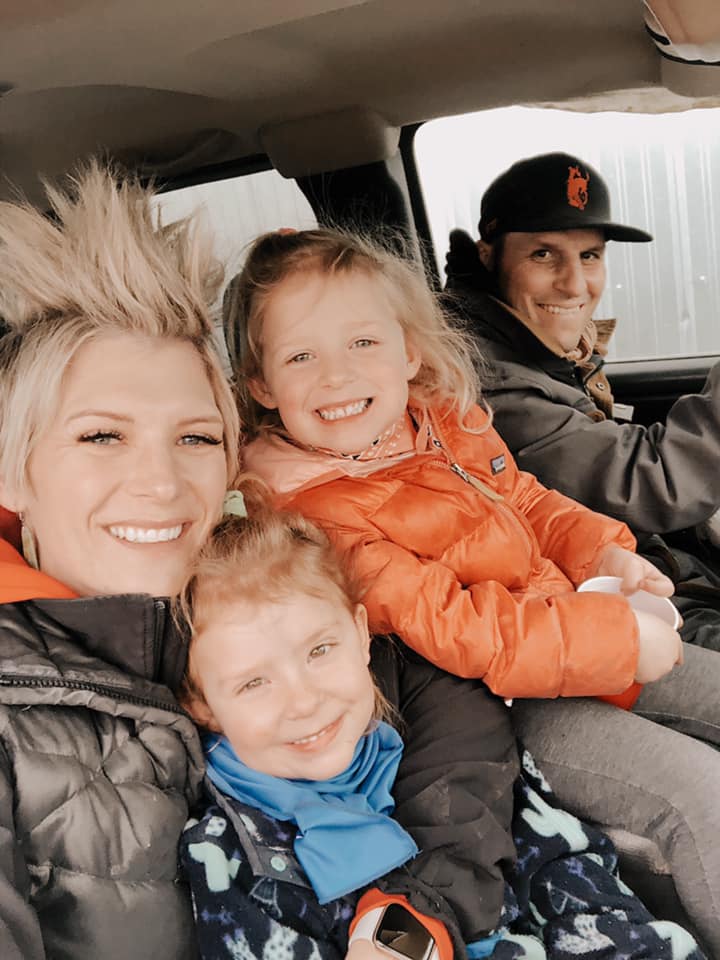
“Every morning I wake up and thank my lucky stars,” said Davis, who turned 39 on March 14 and has had five surgeries since the freak accident 7.04 seconds into his ride on Bridwell Pro Rodeo’s Ted that fateful night. “They played the wreck on the local news up here in Great Falls the other day, and it looked pretty catastrophic. Rodeo is rodeo, and there are always consequences you have to pay to do it. But you see horses roll over on top of cowboys all the time, and they somehow maneuver their way out of it. I’ve had it happen to me before, too. This was just a bad fall.”
Davis, who rode bareback horses at seven Wrangler National Finals Rodeos between 2006 and 2016, was transported by ambulance from the arena to Intermountain Medical Center in nearby Murray, Utah. He was wheeled into emergency surgery that night to repair the crushed right side of his liver. It took more than 21 liters of blood to keep him from bleeding out, and doctors decided to put Jessy into an induced coma.
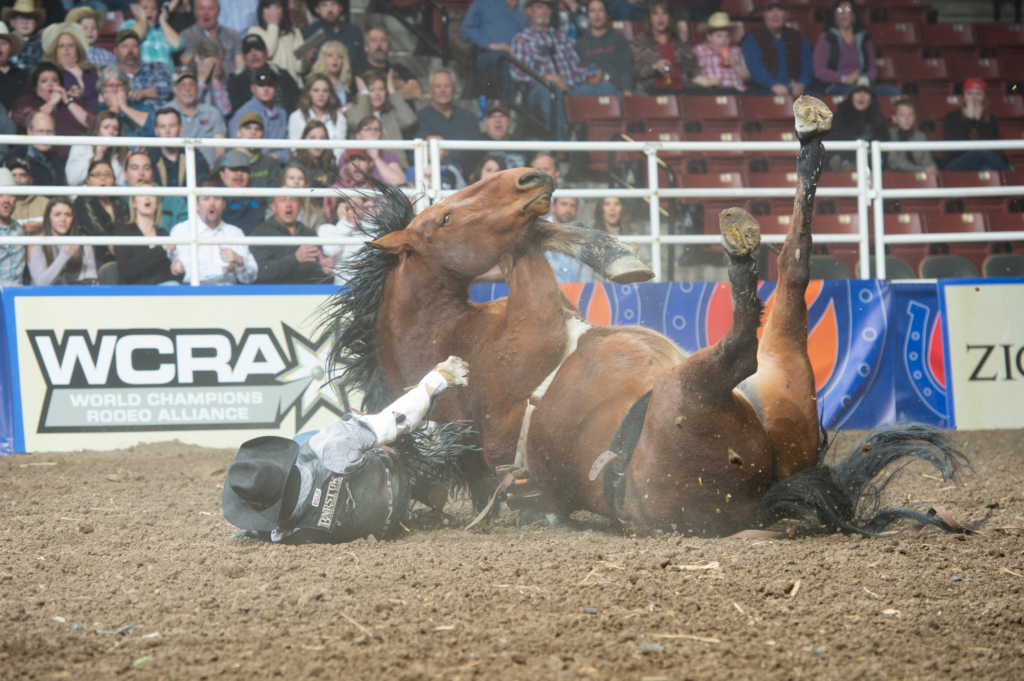
“I remember getting into the ambulance, but not much after that,” Jessy said. “They were arguing about whether to take me to the University of Utah (Hospital in Salt Lake City) or Murray. They decided on Murray, and they say that’s what saved my life. There were a couple of liver specialists who had a cancelation, and they came in and helped the trauma team that was patching me up. They had to bring in all the blood they had hanging around the whole state of Utah to save my life, but they got it done. A lot of angels got together to save me.
“There were about three weeks where I really didn’t know what was going on. They had me pretty zonked out. The last surgery they had to do was a skin graft on my belly. They took the skin off of my thigh. That stung for a little while.”
The last couple months—before Davis was finally well enough to endure the nine-hour drive home—have been nothing nice. His allergic reaction to Amoxicillin, which included hives on Jessy’s hands and ankles, was just another low on this harrowing roller-coaster ride. He’s weaned himself off of pain pills, but still has to take Ibuprofen every six hours to get through each day.
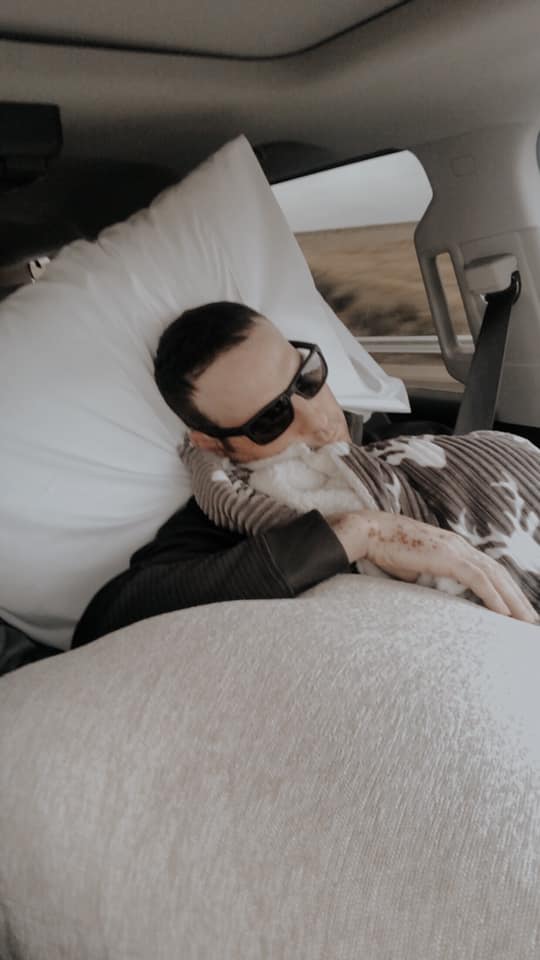
“I’m gradually getting better, but I can tell at the end of the day when I’ve overdone it,” he said. “I finally got more staples pulled out and a drain tube pulled out this week. I can stand up faster and straighten my back up faster than when I had that drain tube in my rib cage. It’s going to take awhile. They’re saying in six or seven months they’ll do some additional reconstructive surgery on my belly. I have a big old belly button now from everything that’s gone on, so they’re going to patch it all back together. I’ll go back to Murray, and the same doctors will do that sixth surgery. I’m not looking forward to checking back into that hospital, but I sure owe a lot to that team of doctors.”
Jessy, Cassidy Jo and her dad run a few hundred cows, and put up alfalfa-grass hay in the summertime.
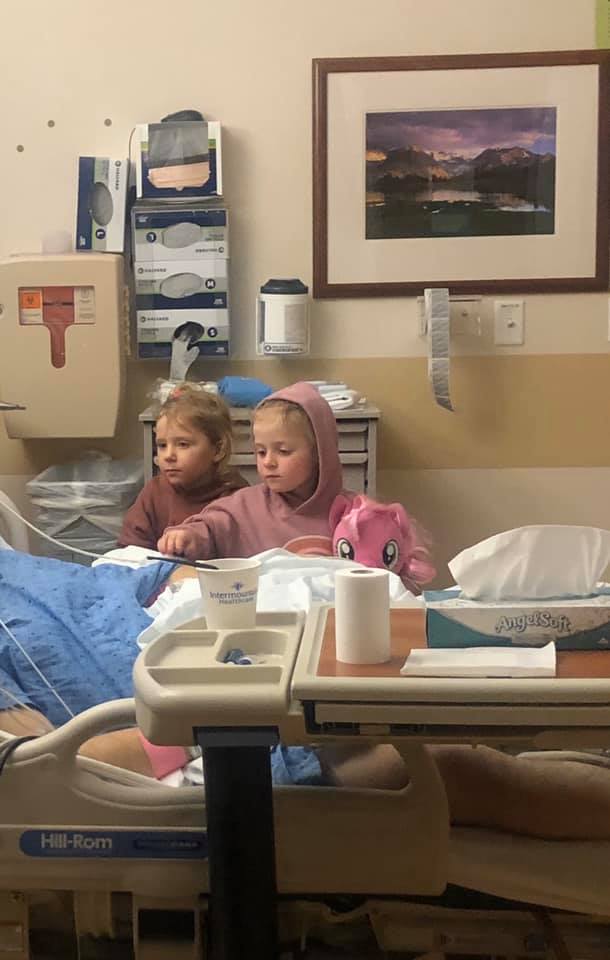
“I’m pretty content sticking around the house,” Jessy said. “We have a good life here. It’s kind of a bad time to be getting out of the rodeo business with so many more chances to win money. The WCRA has changed a lot of guys’ lives. But I’m getting a little long in the tooth to be riding bucking horses. I’m just lucky I’m still alive to talk about it.”
The goal when Jessy got to the Lewis Feild Bulls and Broncs—which served as the roughstock semifinals for the $1 million Royal City Roundup in Kansas City on February 28—was to advance to Kansas City, take one last shot at a $50,000 paycheck there and call it a career.
“The WCRA is a good deal for everyone, including guys like me with families,” Davis said. “You can dive off once a month or so, and still have a shot at big events. As it went, that was my first and last WCRA rodeo. But I liked what I saw and how they treated the cowboys.
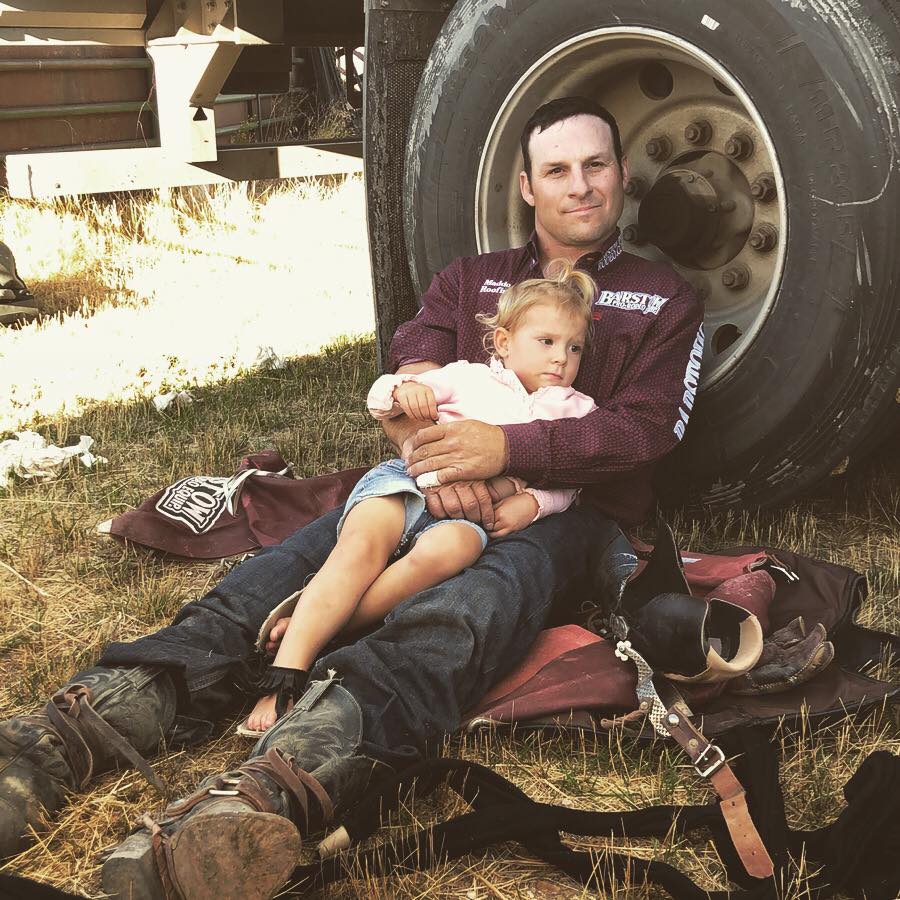
“Since the accident, it’s been amazing. Rodeo people are the best. It’s crazy how many people you get to meet going down the road when you rodeo, and we’ve heard from people we may have only met one time. It’s time for me to only think about getting on saddle horses. Best to be done with the bucking horses and beating my head against the cement floor out there on that road. I’m just going to keep looking forward. I’m ready for this pain to go away, and hope to get back into fighting shape as I’m up to it.
“In the meantime, we were planning to have an Easter egg hunt out in the pasture. But it’s supposed to get down into the 20s here on Sunday, so we might have to move the hunt into the house.”


